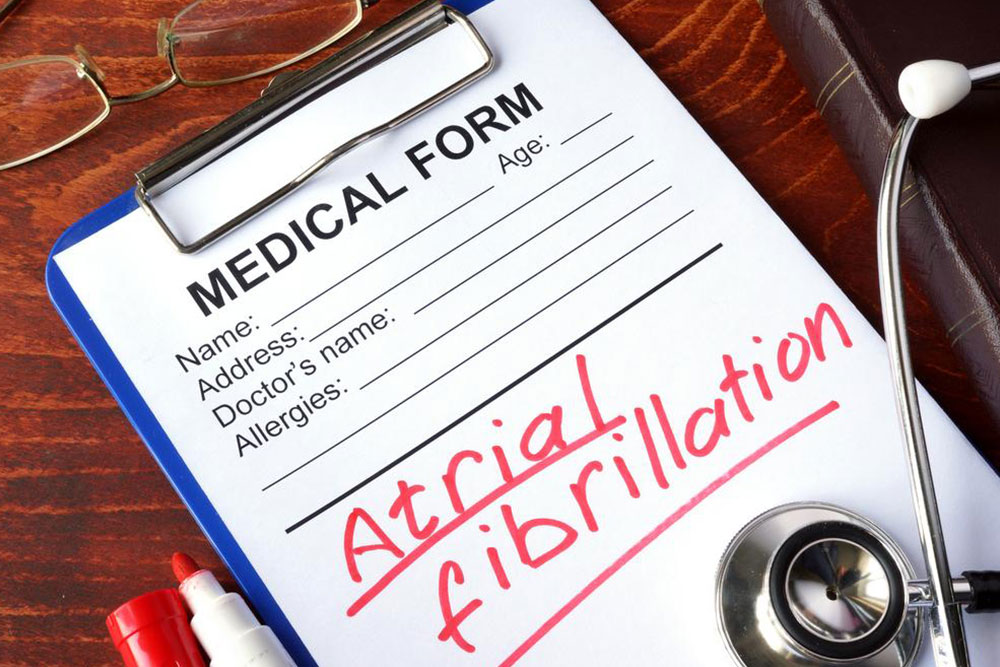Understanding Atrial Fibrillation-Related Strokes: Causes and Prevention
Atrial fibrillation (AFib) significantly increases stroke risk due to irregular heart rhythms causing clot formation. Over 2.6 million Americans are affected, with numbers rising due to aging populations. Early detection, medication, and healthy lifestyles are essential in preventing severe strokes associated with AFib. Understanding causes like high blood pressure, heart issues, and lifestyle factors can help manage and reduce risks effectively.

Understanding Atrial Fibrillation-Related Strokes: Causes and Prevention
Atrial Fibrillation (AFib) is a heart condition characterized by irregular and rapid electrical signals in the upper chambers of the heart. This disrupts normal contractions, leading to blood stagnation and clot formation. If these clots travel to the brain, they can cause a stroke. Prompt treatment of AFib is crucial to avoid this risk. Globally, over 2.6 million people in the U.S. are affected, with numbers expected to rise to 12 million by 2050 due to aging populations. AFib strokes tend to be more severe, often causing greater disability and mortality.
Causes of AFib-related Stroke
High blood pressure
Previous heart attacks, surgeries, or congenital heart issues
Overactive thyroid glands
Consumption of stimulants like tobacco, caffeine, or alcohol
High cholesterol levels
The primary cause of stroke in AFib patients is clot formation from irregular heart rhythms. Treatment strategies focus on preventing clot development and maintaining heart health through medications, lifestyle choices, and regular testing. Early diagnosis and healthy habits are vital to reduce stroke risk.
Disclaimer: This information is for educational purposes only and should not replace professional medical advice. Always consult healthcare professionals for diagnosis and treatment decisions.










